Last updated on March 8th, 2023
Featured image: One of 15 Loophole Towers found on Guernsey / Photo by Nicolas Raymond, CC BY 2.0, via Wikimedia Commons
A fictional story based on true events during World War 2
by Carolyn Ray, JourneyWoman
In 1980, Mary Ann Shaffer visited Guernsey on a whim and was enchanted by the island. She was fascinated by Guernsey and its history and became determined to tell the island’s incredible story. Her book, which she wrote with her niece Annie Barrows, was published in 2008 and adapted into a film in 2018 featuring Lily James as Juliet Ashton and Matthew Goode as Sidney Stark. The book is set in 1946 and is an epistolary novel, composed of letters written from one character to another.
Although the story and its characters are fictional, much of the film is based on true events and facts surrounding what happened to Guernsey during WWII. Guernsey, alongside the other Channel Islands, was the only British territory that the Germans invaded and occupied during the war.
When the Third Reich gained control of nearby France it seemed inevitable that the Germans would soon arrive in Guernsey. Evacuation of the island began on the 19th of June, with the front page of the Guernsey Press telling parents to prepare their children to evacuate the very next morning.
As in the film, many families were separated during the war, sending their children off to safety in England. However, many islanders did follow their children and also managed to evacuate by boat before the Germans arrived. By the time the Germans landed in Guernsey, almost half of the island’s population had already fled to mainland Britain.
Food was a huge problem throughout the occupation, as the island was eventually cut off completely from any mainland supplies. There was precious little to feed the local residents, German soldiers and European labourers alike. As a result, the day-to-day lives of islanders revolved around queuing for the restricted food supplies. The potato peel pie is actually a true occupation recipe, which made the most of the limited ingredients available! To read a recipe for the pie, click here!
By the winter of 1944, Guernsey was on starvation rations with both locals and soldiers at risk. The arrival of the Swedish ship SS Vega, chartered by the International Red Cross to bring in food and supplies, saved many people from death.
“Treat yourself to this book, please—I can’t recommend it highly enough.”—Elizabeth Gilbert, author of Eat, Pray, Love
“A jewel . . . Poignant and keenly observed, Guernsey is a small masterpiece about love, war, and the immeasurable sustenance to be found in good books and good friends.”—People
“A book-lover’s delight, an implicit and sometimes explicit paean to all things literary.”—Chicago Sun-Times
You can help support our Book Club: When you purchase a book using the links on our site, JourneyWoman receives a small commission from the bookseller.
This is one of you ways you can help us maintain our beautiful website and editorial content.
The Guernsey Literary and Potato Peel Pie Society – set in Guernsey
About the Author, Mary Ann Shaffer
Mary Ann Shaffer worked as an editor, a librarian, and in bookshops. Her life-long dream was to someday write her own book and publish it. The Guernsey Literary and Potato Peel Pie Society was her first novel. Unfortunately, she became very ill with cancer and so she asked her niece, Annie Barrows, the author of the children’s series Ivy and Bean, as well as The Magic Half, to help her finish the book. Mary Ann Shaffer died in February 2008, a few months before her first novel was published. A New York Times best-seller, The Guernsey Literary and Potato Peel Pie Society has been published in 32 countries and 26 languages.
Quick facts about Guernsey
- Guernsey is an island in the English Channel off the coast of Normandy that is part of the Bailiwick of Guernsey, a British Crown Dependency.
- It is the second largest of the Channel Islands, an island group roughly north of Saint-Malo and west of the Cotentin Peninsula. The jurisdiction consists of ten parishes on the island of Guernsey, three other inhabited islands (Herm, Jethou and Lihou), and many small islets and rocks.
- It is not part of the United Kingdom, although defence and some aspects of international relations are managed by the UK.
- From 30 June 1940, during the Second World War, the Channel Islands were occupied by German troops. Before the occupation, 80% of Guernsey children had been evacuated to England to live with relatives or strangers during the war. Most children returned home after the war ended in 1945. The occupying German forces deported over 1,000 Guernsey residents to camps in southern Germany, notably to the Lager Lindele (Lindele Camp) near Biberach an der Riß and to Oflag VII-C in Laufen. Guernsey was very heavily fortified during World War II, out of all proportion to the island’s strategic value. German defences and alterations remain visible, particularly to Castle Cornet and around the northern coast of the island. Guernsey and Jersey were both liberated on 9 May 1945, now celebrated as Liberation Day on the two islands. (Source: Wikipedia)
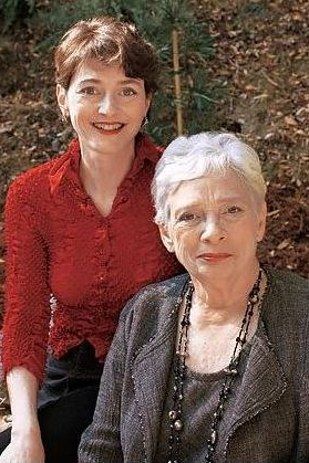
Annie Barrows and her aunt, the late Mary Ann Schaffer
A Woman’s Travel Guide to England
The Best Places to stay, eat and explore from a former local, JourneyWoman Joy Fox.
Netflix Movie Trailer (2018)
Book Club Discussion Questions (Wednesday, October 19, 2022, 8 pm EDT)
We may not get through all of these, but here are some thoughts to start our discussion!
- What has your experience with the Channel Islands been prior to this book? Did the setting feel familiar from your own travels there?
- The book contains some grim subject matter, and yet it is infused with love and humour. What was your favorite passage in the book and why?
- The story is an epistolary novel, presented as a series of letters with a few journal entries. How did this affect your reading of the book?
- Why do you think the authors chose to present the story this way? Do you think there might be parallels between the protagonist’s struggle with how to structure the story she is writing?
- It is vitally important to Juliet that she rescue a crystal paperweight that belonged to her late father from her bombed apartment building. Do you have any items that are this important to you?
- How does our experience of obtaining books and information contrast with the conditions on Guernsey during the 1940s?
- How did the different characters, especially those who weren’t previously keen readers, approach their “task” of reading for the book club? Has being part of a book club changed your own reading habits?
- Many of the Society members were deeply affected by the work of one or more authors – Lamb, Seneca, Shakespeare, the Brontës. Is there an author whose books have strongly influenced your life
- Food – both the enjoyment of food and the lack of it – plays an important role in the novel, with food-centred scenes ranging from the horrifying to the humorous. What was your favourite foodie scene?
- Reading about war can be difficult. Do you think that choosing to filter the war experience through the lens of the Society made it easier to read? Why or why not?
- What are the main differences in character between Sidney, Mark and Dawsey? What did each of them bring to Juliet’s life?
- Which of the minor character Guernsey Islanders did you most like? And dislike?
- What did you think of the Society’s choice not to let Kit’s father’s family know about the child?
- Did you learn anything about wartime conditions or events that surprised you?
- The novel is short – only 255 pages in my edition. How do you feel about shorter books? Do you enjoy a quick read? Or feel cheated out of a longer story?
- If you’ve watched the 2018 movie, currently on Netflix, how did it compare with the book?
Featured articles on the UK
How to Travel Solo in Your Own City: Ten Tips to Fire up Your Inner Wanderer
Yes, you can travel solo travel in your own city or country. Here are nine tips to get you started on your adventures!
The Top Once-in-a-Lifetime Travel Experiences Every Woman Should Have, Including the Northern Lights, Camino de Santiago and More
The Once-in-a-Lifetime Travel Experiences every woman should have, including the Northern Lights, Camino de Santiago and more.
Women Share Their Best “Once-in-a-Lifetime” Solo Travel Experiences
Once-in-a-lifetime travel isn’t just about the destination, it’s about adventure, learning, and journeys of the soul.
How Women Find Healing and Renewal in Solo Travel
When faced with loss or grief, we intuitively turn to travel for wellness and healing, as shown in these inspirational stories of renewal.
Rediscover Toronto with the Honourable David Crombie, Former Mayor of Toronto
Former Toronto Mayor, the Honourable David Crombie, shares his insider tips to rediscover Toronto’s ravines, waterfront and green spaces.
March of the World-Famous Peabody Ducks: Adventures in Memphis
Women travellers can become a duckmaster for a day by walking the red carpet with the famous Peabody Ducks.
JourneyWoman Webinar: Small Ship Cruises With Aurora Expeditions
Join a special webinar on March 11 to learn about Aurora Expeditions small ship cruises, all-women trips and commitment to solo travellers.
Staying Safe in a Digital World: How Women Can Protect Online Privacy
Advancements in artificial intelligence (AI), facial recognition, wearable technology and apps are making it easier for strangers to learn personal details about us – without our consent.
Your Imagination Can Take You Places
Now more than ever, we’re finding camaraderie and inspiration through novels. Join us each month as we discuss a different book, suggested by our community, about a faraway land.

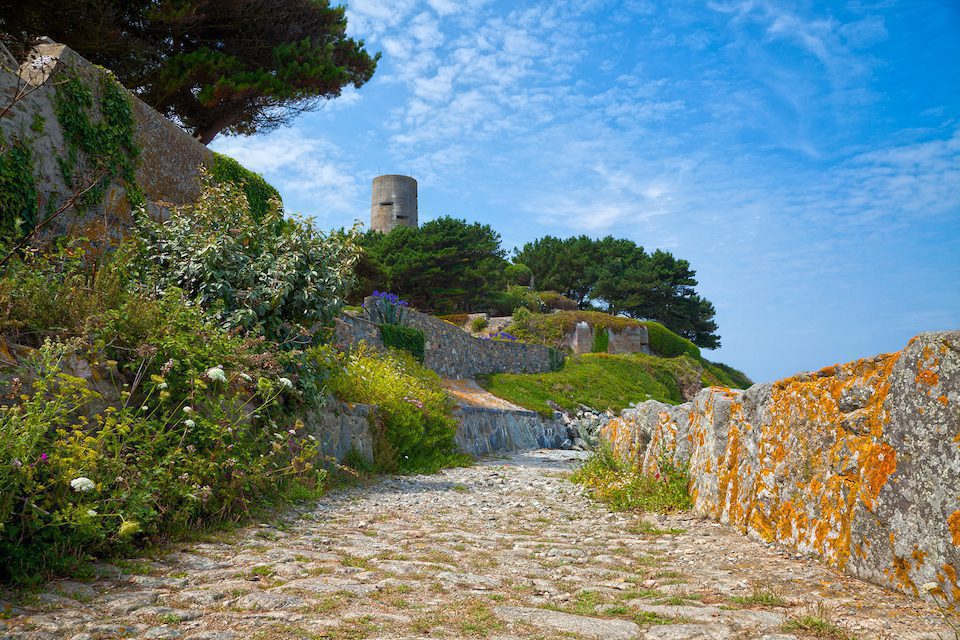

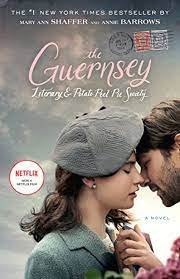
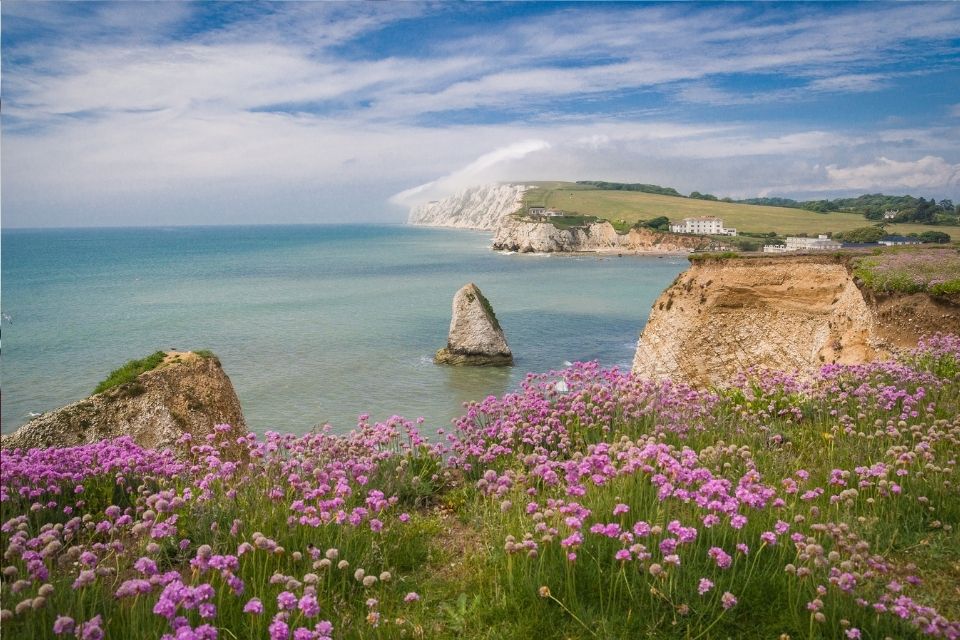
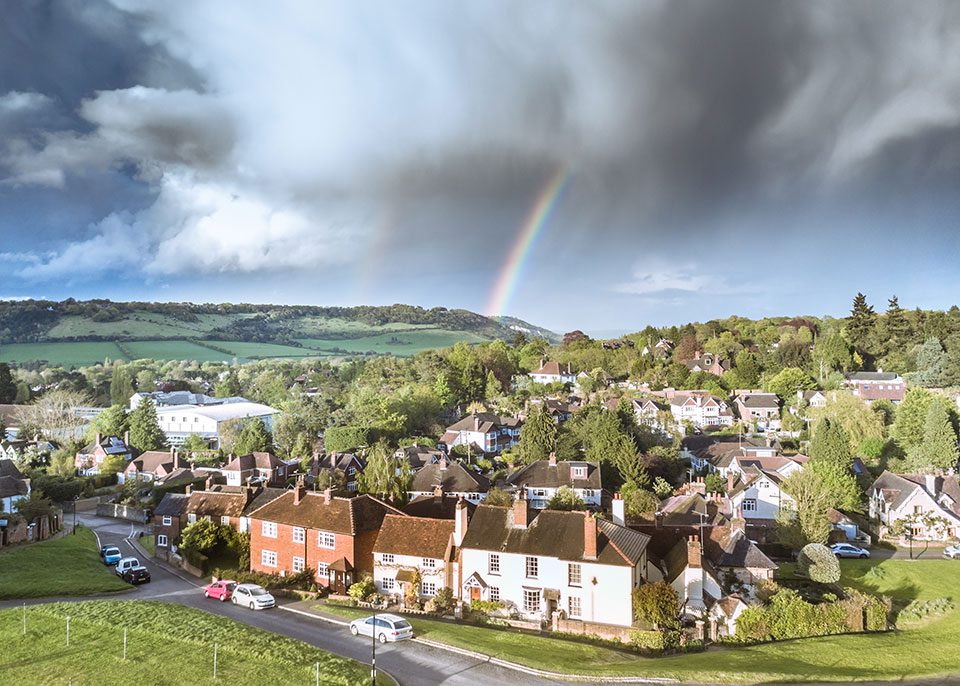
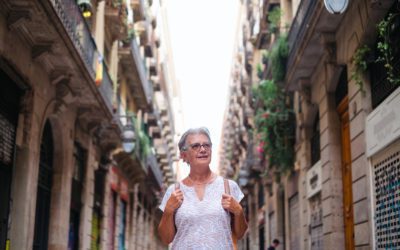
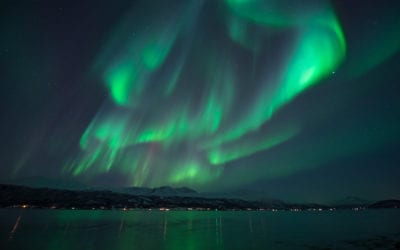
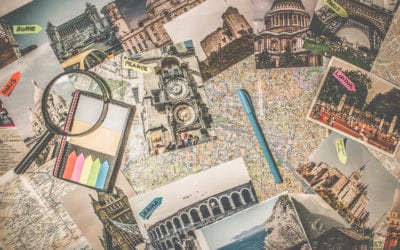
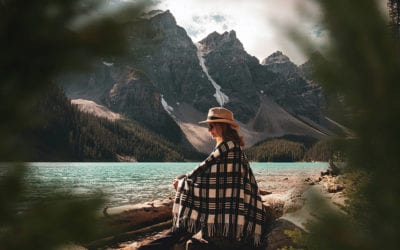
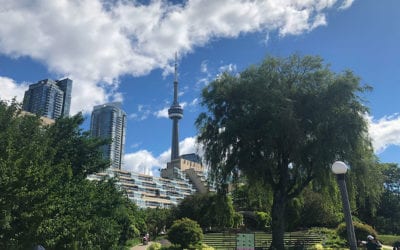

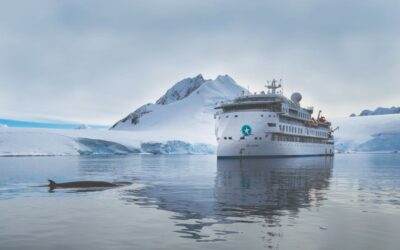

Marvelous book. I enjoyed re-reading it.
Can’t find a spot to recommend a book, so here goes: Gerta by Katrina Tuckova.
I read this about a year ago, and just returned from two weeks in Eastern Europe and saw many farms in Czechia that brought the book alive in my memory. It’s a story about another side of WW II affecting women that I had not known much about. Germans displaced from Sudetan and anti-German feelings in Czechoslovakia at the end of the war.